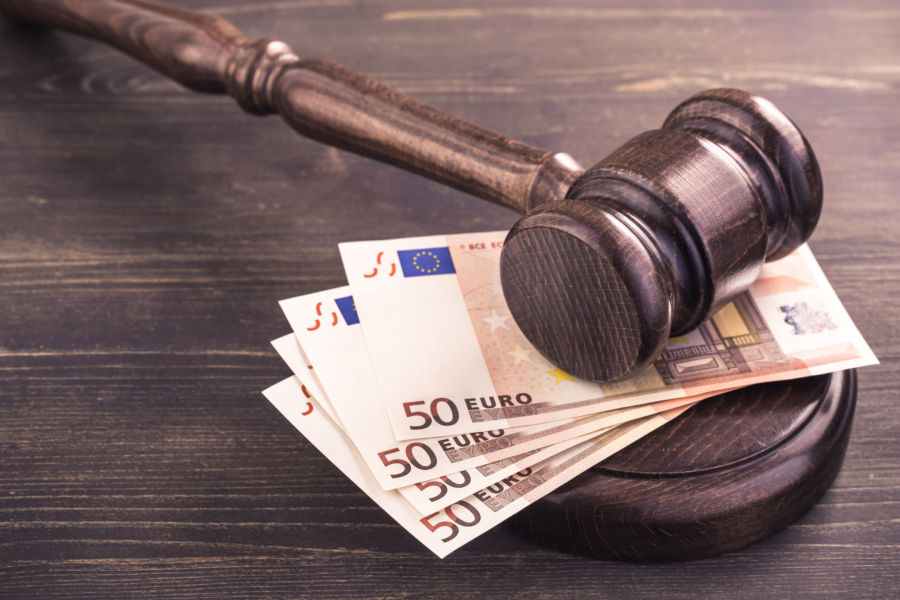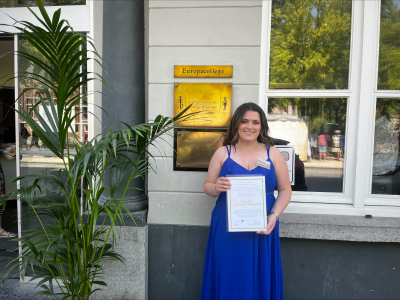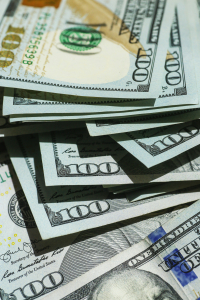When the EU is accused of doing too little to help Ukraine, its go-to action is adopting a new sanctions package. It is therefore tempting, at the second anniversary of Russia’s invasion of Ukraine, to ask whether these sanctions are working. But these questions tell us very little about the bigger picture. We should in fact reflect on the inherent flaws in the EU’s system: both the limits and constraints of foreign policy actions, as well as the limited resources and capacities Member States have when enforcing commonly agreed rules. Moreover, the EU’s attitude of aiming for consensus and compromise is often a great advantage. But when it comes to deterring war criminals and curbing financial secrecy, we need bold and brave actions.
EU action is often blocked by one or simply a handful of Member States. As decisions on sanctions require unanimity from the 27 countries, one government can veto the whole block. While direct vetoes are rare (mostly used only by Hungary’s Viktor Orbán), there have been reports of backroom deals, horse-trading to achieve specific exemptions, and watered-downed actions. Ukrainians are paying this price with their lives. Global long-term security is undermined every day that Putin feels the price he pays for his crimes is manageable.
When the Council did adopt a 13th sanctions package for the second anniversary of the start of the invasion, the number of sanctioned individuals passed 2000. This is still far lower than what many had called for. Facilitators of circumvention should be targeted in much wider scope, too. And while the new listings address loopholes, new sanctions packages by themselves will not dry out Russia’s coffers. These restrictive measures are never an end goal—they are just tools. Too much focus on sanctions does not bring us closer to systemic change.
This is because sanctions designations are always just the first reaction to Russia’s horrible actions. We need to see this as a dynamic cat-and-mouse game where actors are not static players. Often, the Russian state itself will set up front companies and organises various ways of circumventing sanctions. Do we honestly think that all diamond companies were patiently waiting when discussions on sanctioning diamond imports dragged along for over a year and a half?
While sanctions designations trigger screening and other measures for private sector entities, those wishing to hide the real people behind companies can easily use secrecy jurisdictions and a myriad of services offered by professional enablers to evade probes. Leaks published by OCCRP showed this perfectly well: Putin’s childhood friends Boris and Arkady Rotenberg allegedly were able to enjoy their lavish lifestyles and managed to conceal their assets with the help of lawyers, bankers and asset managers for years.
The EU has made some progress in addressing these flaws, but is has neither been quick nor bold enough; policy changes are too measured and incremental, and results might take years to materialise. As a case in point, violating sanctions is now a crime across Europe. A new directive, which was agreed upon by the Council and the European Parliament late last year, will harmonise the definitions of penalties of violations of EU sanctions. Member State authorities will now have the legal powers to start criminal procedures against those who cover up the real ownership of funds or trade with sanctioned goods. Proper investigations are needed to connect the dots and shine a light on circumvention practices. But many countries lack proper capacities to do such work.
The structural weakness of the EU is also visible here: our system is only as strong as its weakest link. If countries have weak enforcement, inadequate financial and human resources, and lack the political will to fight dirty money, then the EU in its entirety is prone to dirty money and potential influence from malign actors. While some countries on the Baltic frontline are overburdened by trying to enforce all trade sanctions, Cyprus, Malta, Hungary and others have been for too long allowing dirty money to flow.
If authorities are able to identify wrongdoing, criminal prosecution not only allows corrupt actors to be held accountable, but acts as a deterrence tool. Such criminal investigations into sanctions violations are taking place already in some EU Member States: in France, in Cyprus, following recent press revelations, and, in the Netherlands, a jail sentence has been handed down to a person who intentionally delivered goods used for the construction of the Crimea bridge. We hope that confiscated assets will be used to help victims, as indicated in the new Asset Recovery Directive. However, none of this will be quick, and rule of law and due processes must be upheld.
Financial secrecy and opacity in real estate and asset ownership are a systemic threat. Sanctions will not give us a solution, because even if tracing and investigations work, we are doomed to lag behind the kleptocrats. The recently agreed new anti-money laundering package is a good basis for addressing this, but only if and when Member States properly transpose the new rules. As long as we do not know who owns what in our countries, we cannot fulfil our own promises.
Slow action and too cautious steps have made us miss many opportunities. In fact, the global anti-money laundering watchdog, the FATF, missed an opportunity to pressure the United Arab Emirates to ensure substantial reforms just this weekend. Every time sanctions are not followed-up upon or decisions are watered down, we are giving more time to criminals to refine their actions and be a step ahead of us. In the relentless pursuit of justice and accountability for this terrible war, the time for bold actions, not mere consensus, is overdue. The pressing question is: does Ukraine have time for us to delay actions?




